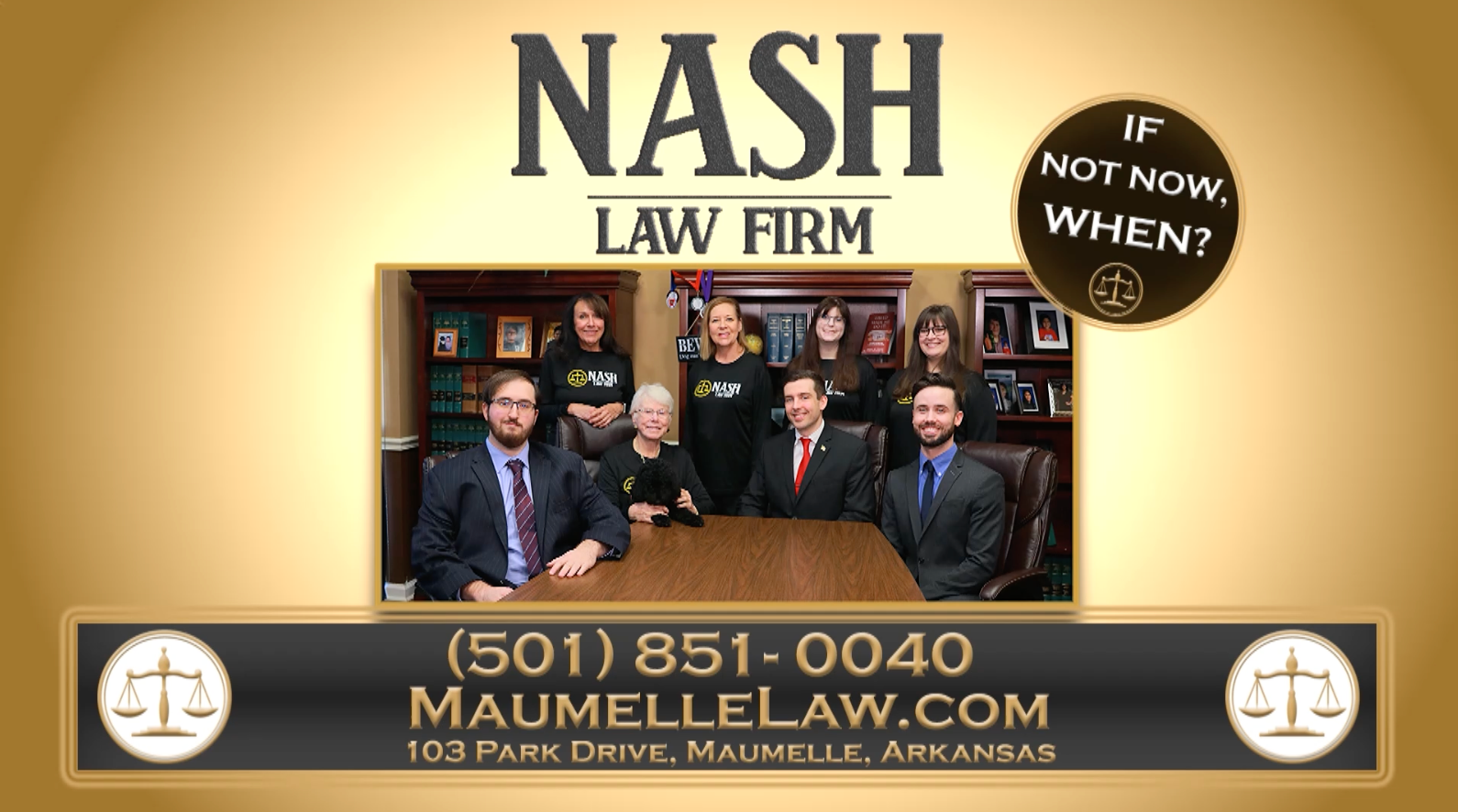Estate Planning for Business Owners: Key Strategies

For entrepreneurs and business owners, estate planning goes beyond personal asset management; it's about ensuring the longevity and stability of the business you've built. In 2024, the landscape for business owners continues to evolve, making comprehensive estate planning more crucial than ever. Our team at Nash Law Firm is dedicated to guiding business owners through the intricacies of estate planning, ensuring your legacy and livelihood are protected for generations to come. Here's what you need to know:
Business Succession Planning:
The cornerstone of any business owner's estate plan is a clear, actionable succession plan. It outlines who will take over business operations in your absence, whether due to retirement, incapacitation, or death. This plan should address leadership roles, ownership transitions, and provide a roadmap for the future management of the business.
Buy-Sell Agreements:
Essential for partnerships and multi-owner businesses, a buy-sell agreement sets the terms for the future sale or transfer of ownership interests. This legally binding document can outline valuation methods, potential buyers, and funding sources for buyouts, helping prevent disputes and ensuring the business’s smooth continuation.
Personal vs. Business Assets:
Distinctly separating personal assets from business assets is critical. This separation not only provides clarity for estate planning but also protects personal assets from business liabilities and vice versa. Consider establishing your business as a limited liability company (LLC) or corporation to facilitate this separation.
Life Insurance:
Life insurance can be a strategic tool in business estate planning. Policies can provide the necessary funds to support your family, pay off business debts, or finance a buy-sell agreement, ensuring the business’s continuity or a smooth ownership transition without financial strain.
Tax Planning:
Understanding and planning for potential estate taxes is essential for business owners. Estate taxes can significantly impact the value of the business and its assets passed on to heirs. Explore strategies like gifting, trusts, or insurance policies to minimize tax liabilities and preserve the value of your estate.
Digital Assets:
In today’s digital world, ensure your estate plan includes directives for digital business assets. This includes everything from social media accounts and websites to digital currencies and intellectual property. Designate who will manage these assets and how they should be handled.
Estate Planning Documents:
Ensure your estate plan includes a will, trusts as necessary, powers of attorney, and healthcare directives. These documents should be tailored to address both your personal and business planning needs, providing a comprehensive approach to your legacy.
Consult with Professionals:
Estate planning for business owners involves complex legal and financial considerations. Work with estate planning attorneys, like ours here at Nash Law Firm, and financial advisors who understand the nuances of business ownership. We can provide personalized advice and strategies to meet your specific needs.
For business owners, estate planning is not just about protecting personal assets but safeguarding your business’s future. Taking the time to create a thorough estate plan can ensure that your legacy continues as you envision, providing peace of mind for you and security for your loved ones and employees. Ready to secure the future of your business and family? Contact Nash Law Firm today to start crafting your comprehensive estate plan.









![Nash Law Firm Logo [click to return home] Nash Law Firm](https://lirp.cdn-website.com/8c4d5b2c/dms3rep/multi/opt/nashlogo_colorgray_horz-1920w.png)


![Nash Law Firm Logo [click to return home] Nash Law Firm Logo](https://lirp.cdn-website.com/8c4d5b2c/dms3rep/multi/opt/nashlogo_whgold_horz-1920w.png)

